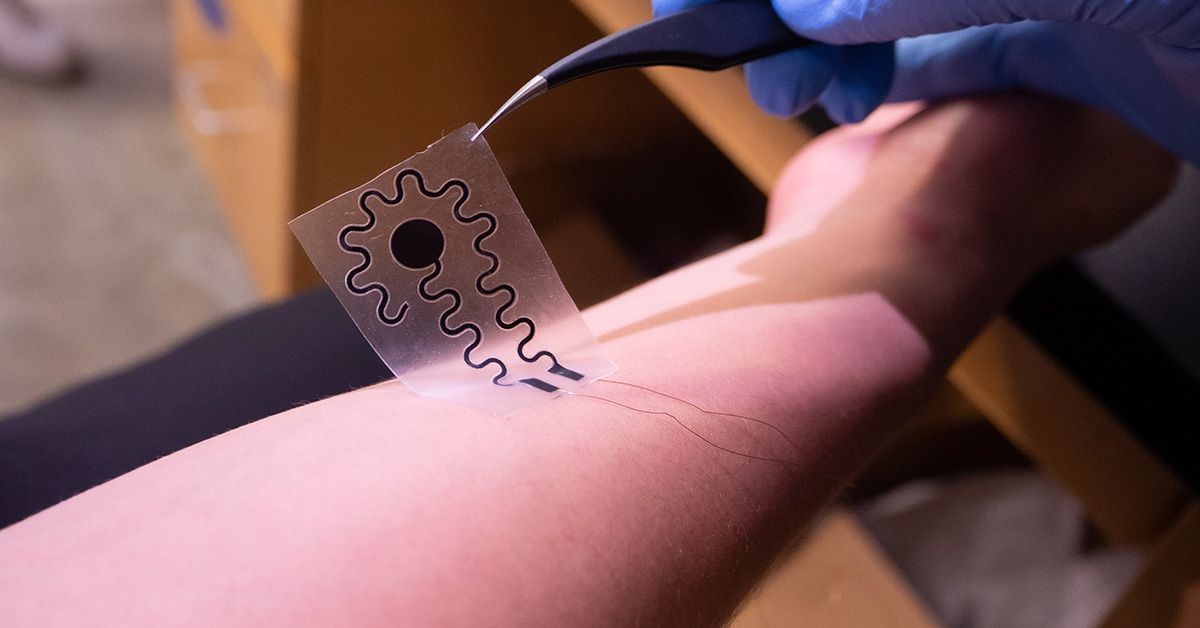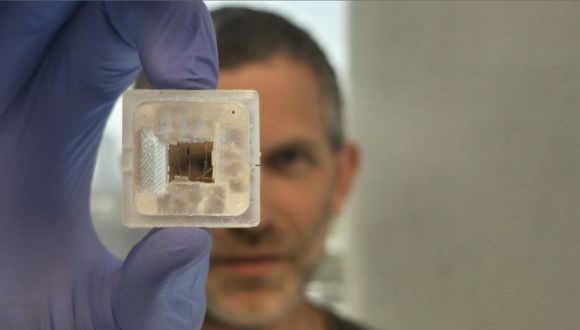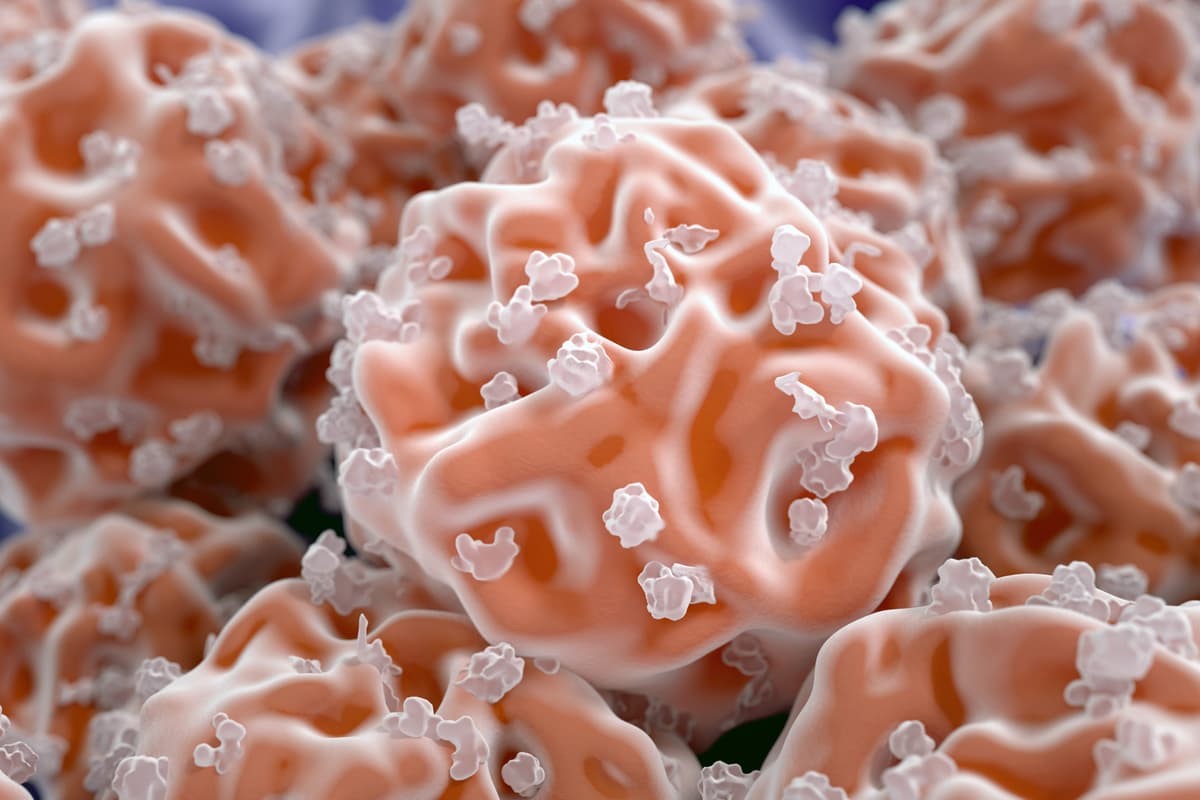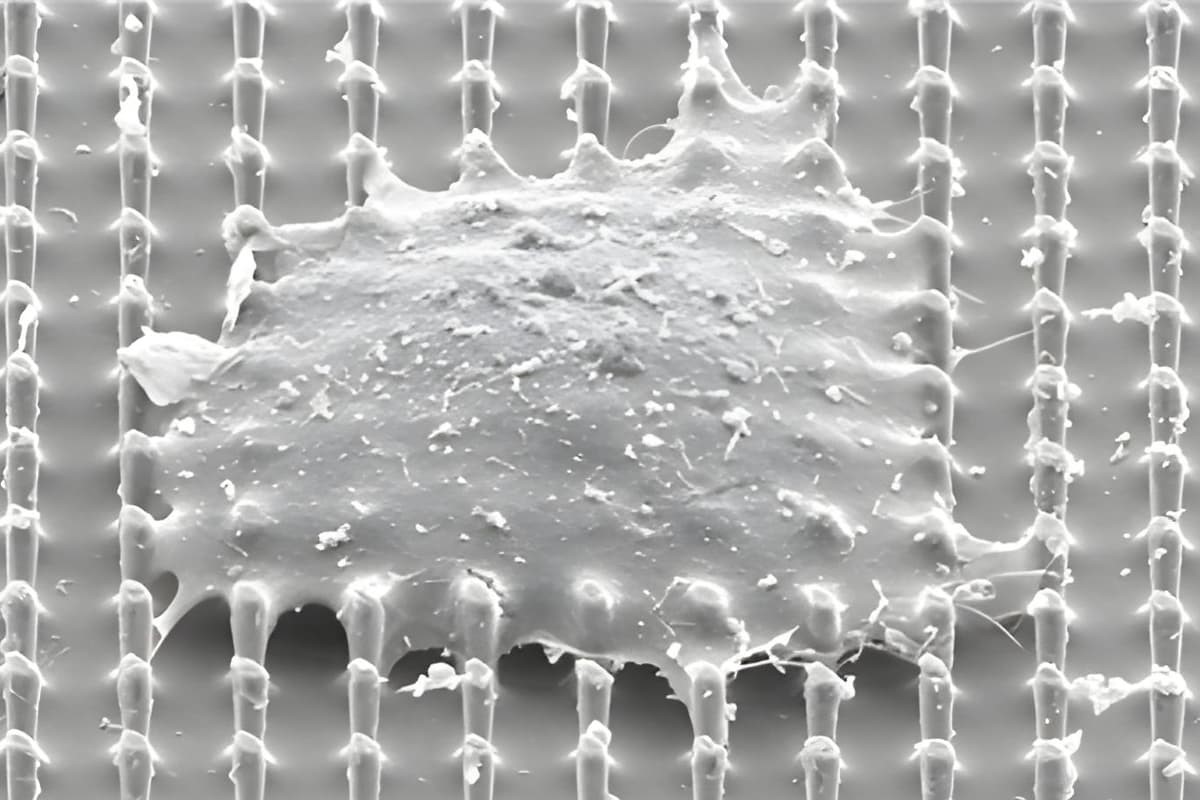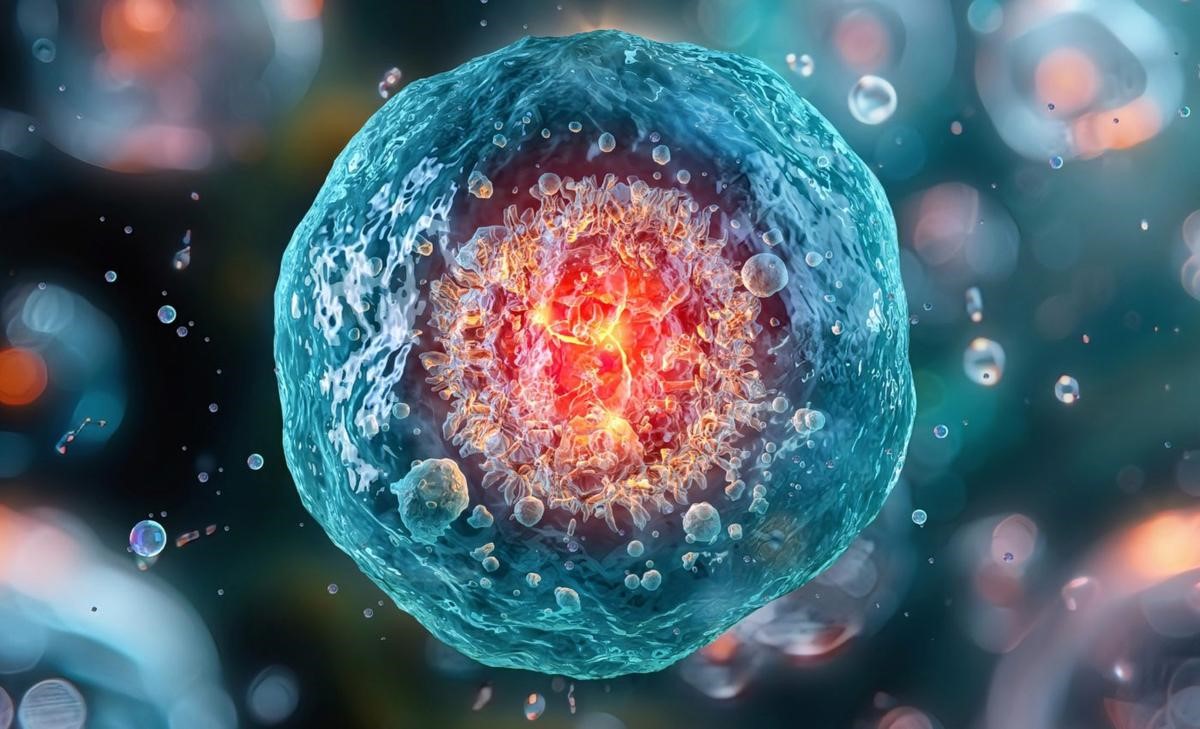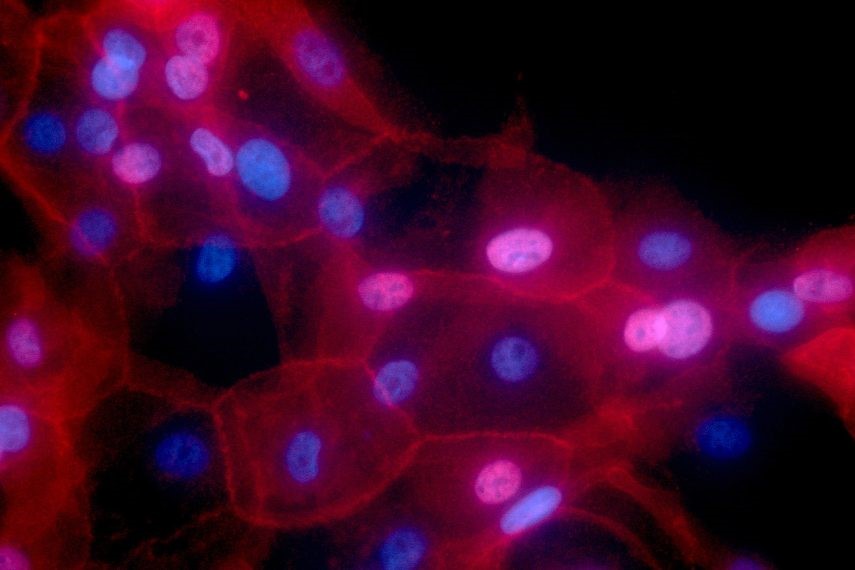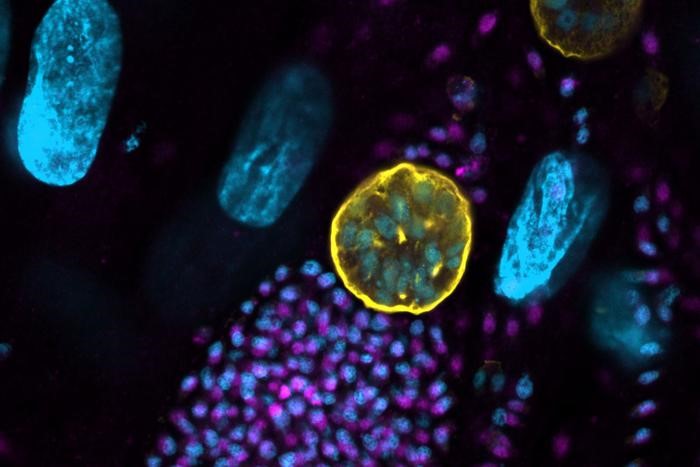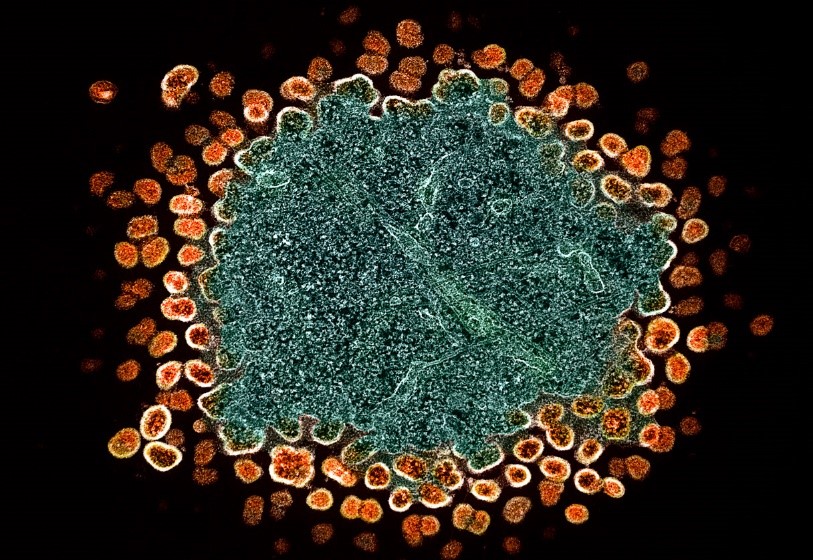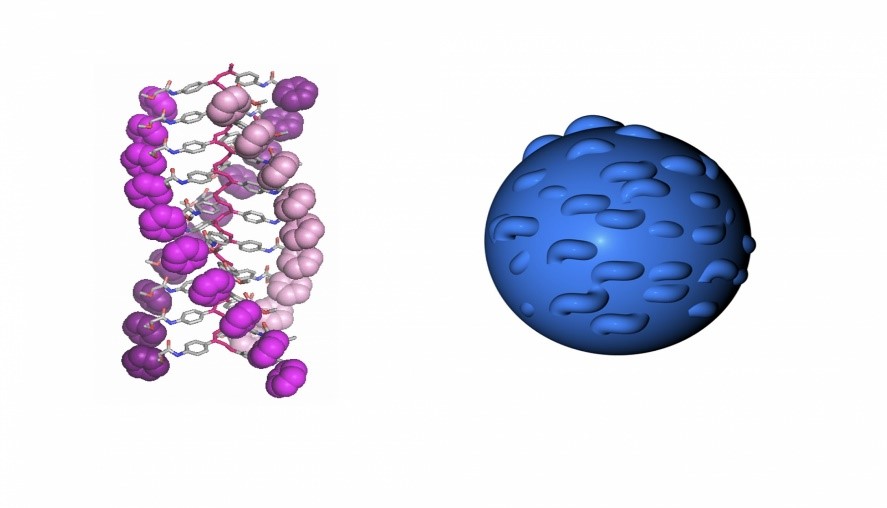Scientists Identify Protein That May Help Combat Aggressive Prostate Cancer
A groundbreaking approach slows tumor growth while enhancing the immune system’s ability to fight cancer cells.
Prostate cancer is the second most common cancer among men worldwide and remains responsible for one in eight cancer-related deaths in Austria, despite recent medical advancements. A new study led by MedUni Vienna explores a novel approach for developing treatments that not only slow tumor growth but also stimulate the immune system to target cancer cells. The findings were published in the prestigious journal Molecular Cancer.

Figure 1. New Hope for Prostate Cancer: Activating GP130 Slows Tumor Growth and Boosts Immunity
The research team focused on the GP130 signaling pathway, which is believed to have significant potential in cancer treatment. [1] This pathway, mediated by the GP130 protein, plays a critical role in cell communication and influences the transcription factor STAT3, which is linked to tumor development and metastasis. Figure 1 shows New Hope for Prostate Cancer: Activating GP130 Slows Tumor Growth and Boosts Immunity.
While blocking the GP130 pathway has been considered a promising strategy in cancer therapy, this study reveals the opposite: activating the GP130 signaling pathway in prostate cells actually slows tumor growth.
A New Ray of Hope, Particularly for Aggressive Tumors
To achieve these groundbreaking findings, the researchers studied genetically modified mice with GP130 specifically activated in the prostate. "This allowed us to directly observe the reduction in tumor growth at the cellular level," reports Lukas Kenner from MedUni Vienna's Clinical Department of Pathology, who led the study alongside Stefan Rose-John from the Biochemical Institute at the University of Kiel. The results were further supported by tissue samples from prostate cancer patients, which revealed that high GP130 levels correlate with improved survival rates. In addition, extensive molecular analyses, including gene expression profiling, were conducted.
“Our research offers exciting new evidence that activating GP130 in prostate cells not only slows tumor growth but also stimulates the immune system to actively combat cancer cells,” says Lukas Kenner, summarizing the significance of the results. These findings will now be further validated in ongoing studies. [2] The research opens up a promising new therapeutic approach, particularly for aggressive prostate cancer, which remains challenging to treat.
References:
- https://scitechdaily.com/scientists-discover-protein-that-could-help-stop-aggressive-prostate-cancer/
- https://www.technologynetworks.com/cancer-research/news/potential-new-treatment-suggested-for-aggressive-prostate-cancer-392954
Cite this article:
Janani R (2024), Scientists Identify Protein That May Help Combat Aggressive Prostate Cancer,AnaTechMaz, pp. 267


